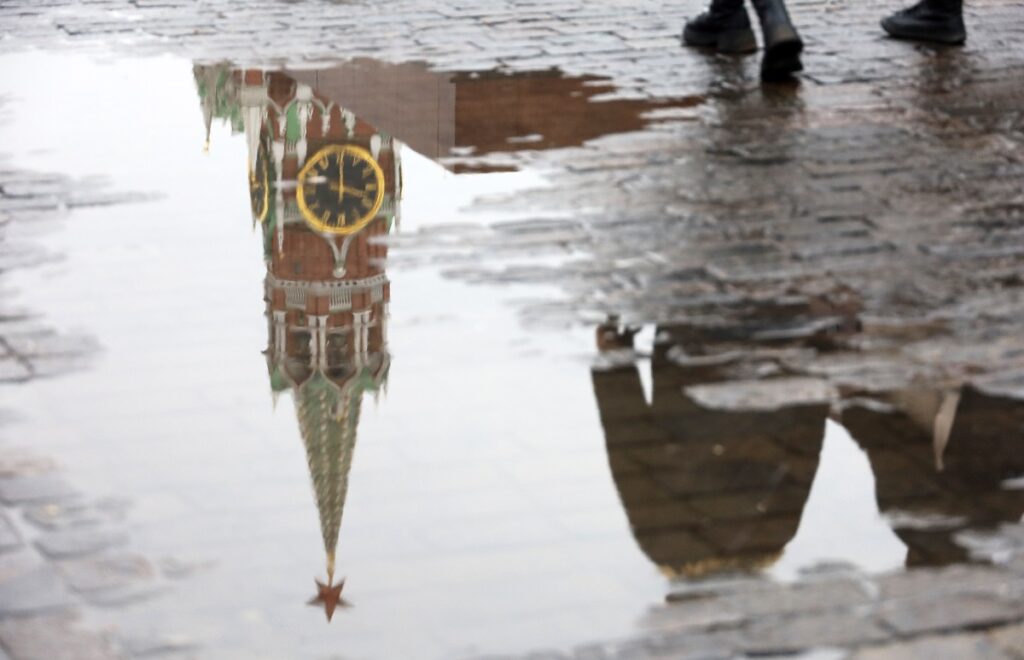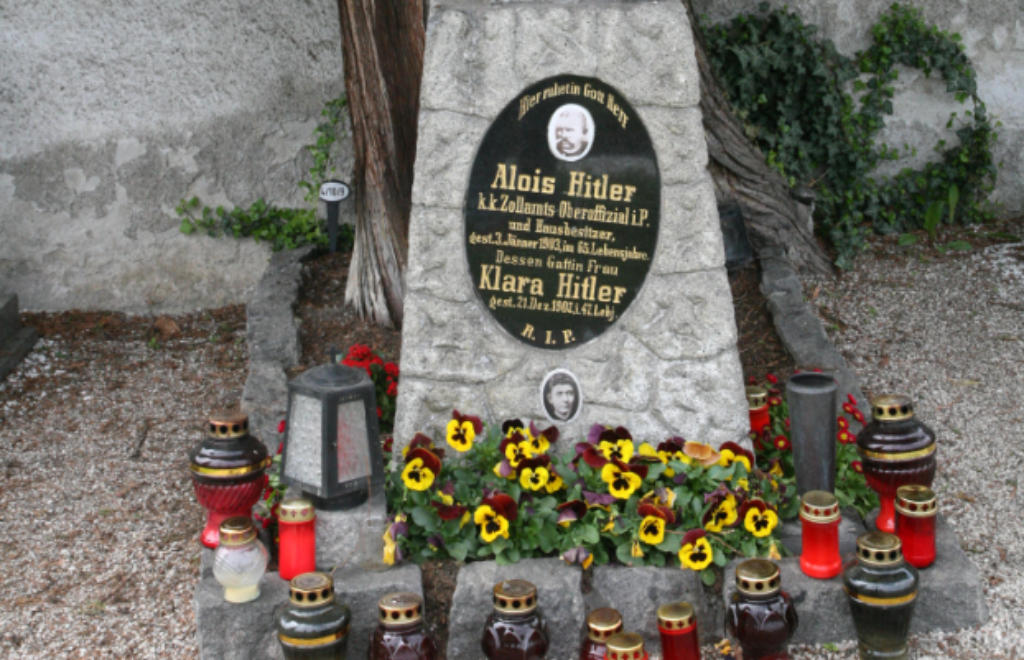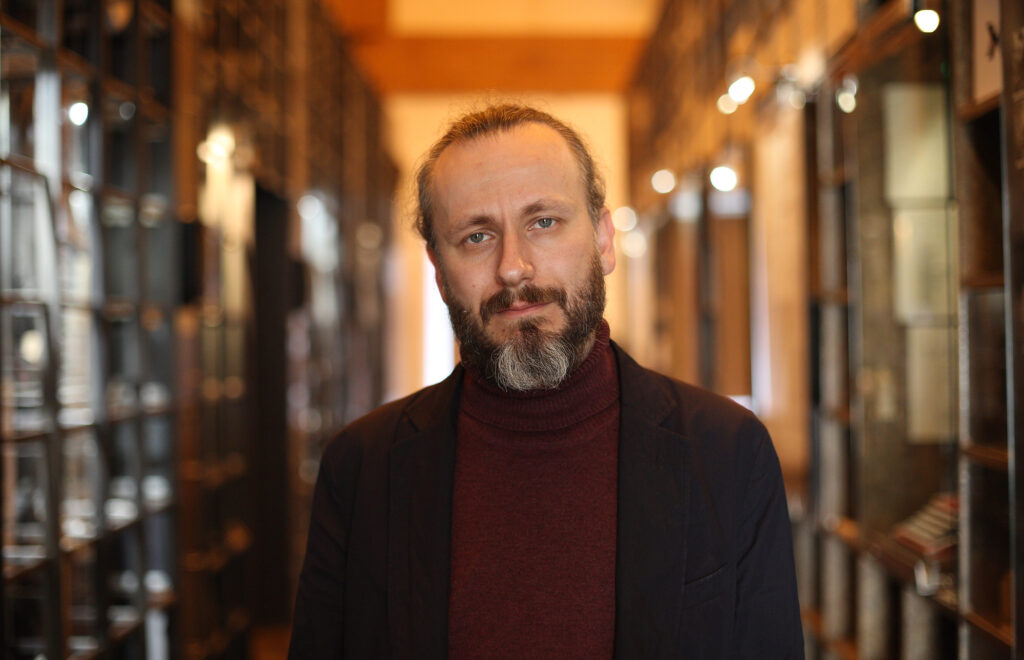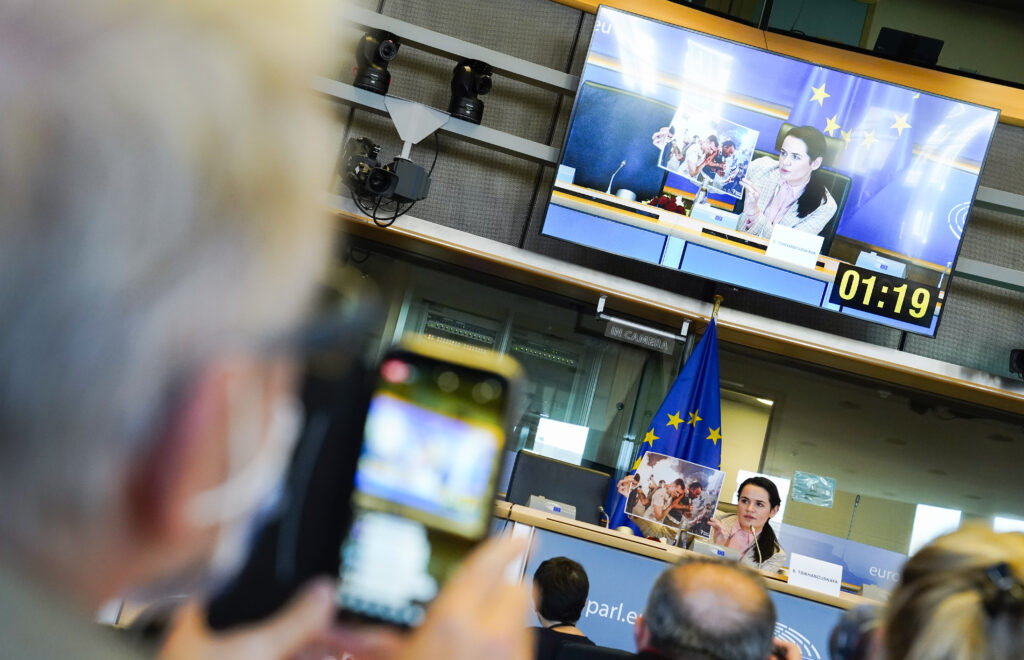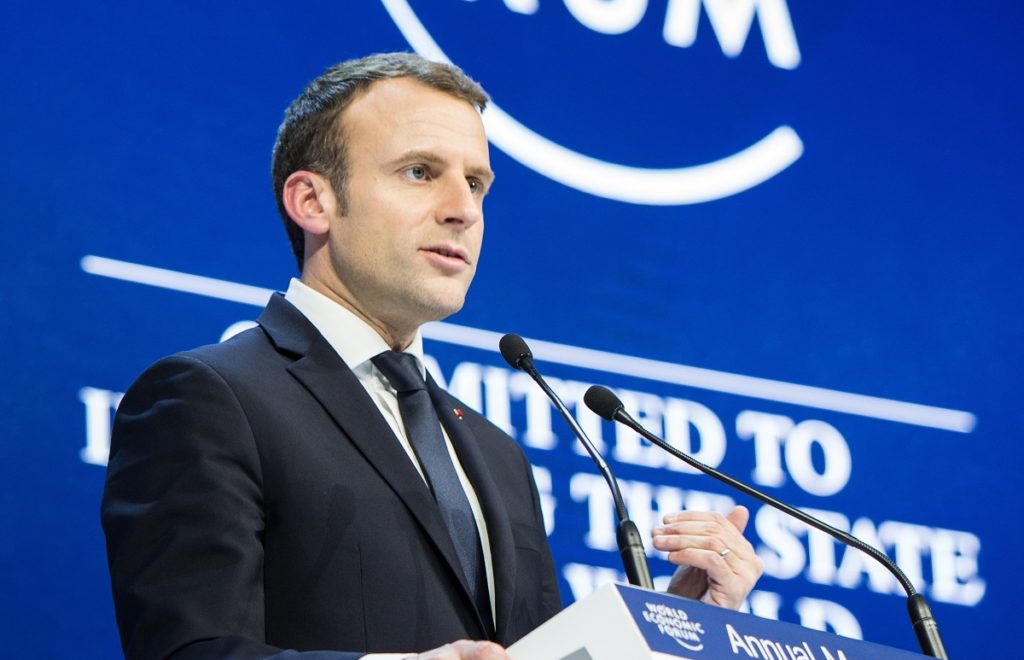A conversation with Sergey Lukashevsky, director of the Sakharov Center in Moscow. Interviewer: Kristina Smolijaninovaitė
KRISTINA SMOLIJANINOVAITĖ: The Sakharov Center as we know deals with the history of Soviet totalitarianism as part of its mission to promote freedom, democracy and human rights. It once held the exhibition “Different Wars” by the EU-Russia Civil Society Forum, which concerned conflicting memories of the Second World War across different parts of Europe. That war often serves as a focal point for collective memory on fascism or imperialism and is therefore a key reference point for defining national and regional identities. It also helps to remind people of the ideals of peace and respect for human lives. So how relevant is the remembrance of the Second World War in your country today? One underlying question also concerns the choice of narrative, with the specific ideals of the Great Patriotic War contrasting with the more general Second World War.
SERGEY LUKASHEVSKY: I do not think that there is generally any real remembrance of the Second World War, but rather of the Great Patriotic War. Basically, one can describe it in just four sentences: 1) The Great Patriotic War was fought by the Soviet Union against Nazi Germany; 2) this conflict was the bloodiest and most destructive episode of the Second World War; 3) the Soviet Union triumphed over Nazi Germany, in a war that left millions of people dead, wounded or crippled, with major destruction in all parts of the Soviet Union where the war took place; and 4) due to this, remembrance is considered relevant nationwide.
February 15, 2022 -
Kristina Smolijaninovaitė
Sergey Lukashevsky


